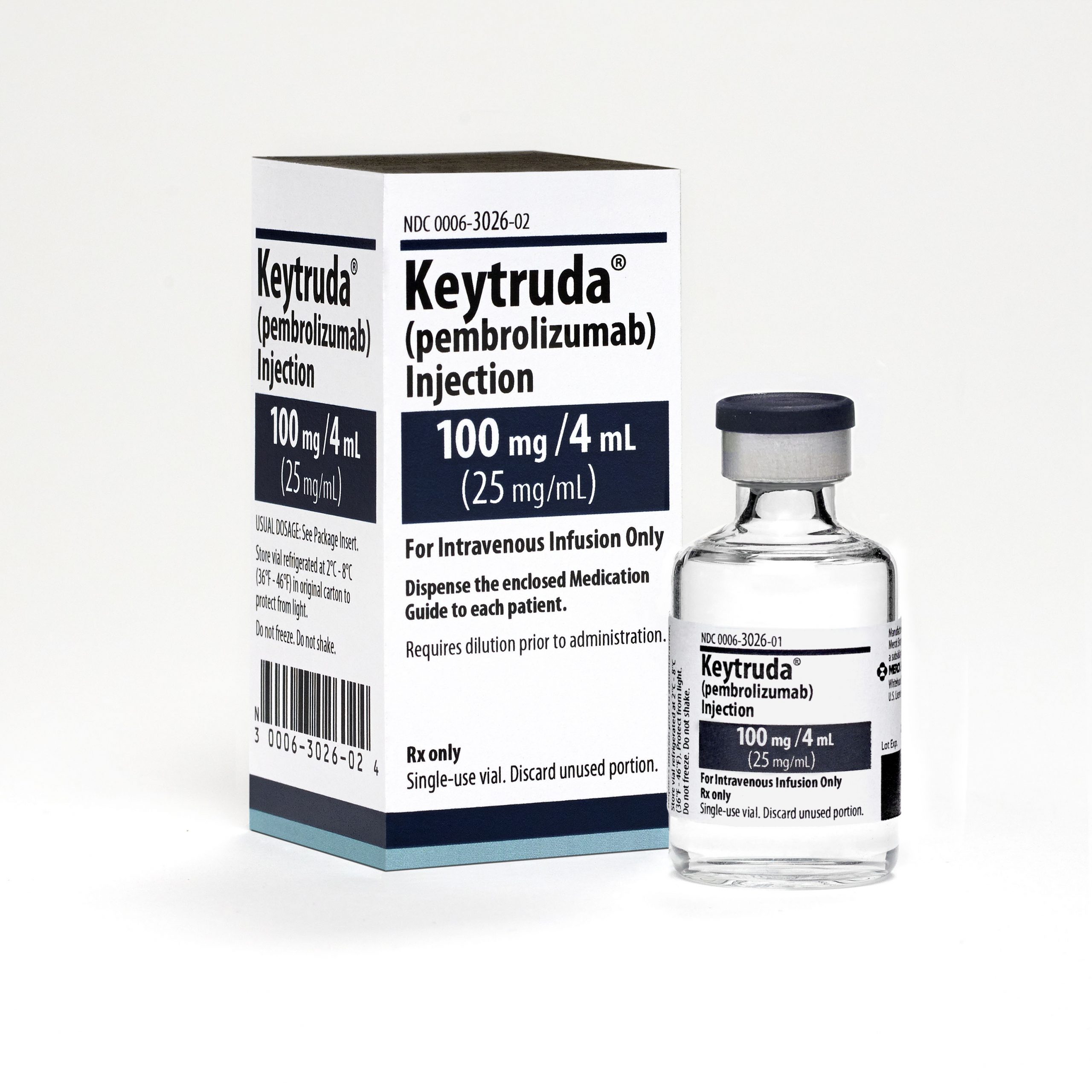FDA reviews Merck & Co's Keytruda in new 'tumour agnostic' use

Merck & Co’s Keytruda cancer immunotherapy could be set for another indication, which could open up for use in all cancer patients whose tumours have a certain genetic biomarker.
As well as a long list of uses in tumours in different parts of the body, US-based Merck's Keytruda (pembrolizumab) already has a trailblazing indication for tumours with a genetic hallmark known as microsatellite instability (MSI-High) regardless of where they are in the body.
Merck & Co is hoping to add to this with another so-called “tumour agnostic” use in unresectable or metastatic solid cancers that have a high “tumour mutation burden”.
This means Keytruda could be used where patients have no satisfactory treatment alternative and the tumours have at least 10 mutations for every million base pairs in their DNA code.
The FDA has set a target decision data of June 16 after assigning a faster priority review for the supplemental filing.
The application was based in part on results from the phase 2 KEYNOTE-158 trial, which also supported Merck’s 2017 FDA approval for Keytruda as the first cancer treatment based on a biomarker, regardless of cancer type, in MSI-high tumours.
Tumour response was assessed every nine weeks against standard criteria by independent, central, blinded radiographic review.
The major efficacy outcome measures were objective response rate (ORR) and duration of response (DOR) as assessed by blinded independent central review.
Since Keytruda’s MSI-High approval, other drugs have been approved solely for use in patients whose tumours express certain genetic signatures, or biomarkers.
The FDA approved Bayer’s Vitrakvi (larotrectinib) for cancers with neurotrophic receptor tyrosine kinase (NTRK) fusion mutations in late 2018.
And last summer it gave a licence to Roche’s Rozlytrek (entrectinib) in the same indication.
Bristol-Myers Squibb and AstraZeneca have also tried to get their rival immunotherapies Opdivo (nivolumab) and Imfinzi (durvalumab) to work in lung cancer with high TMB, but failed to produce convincing data.












